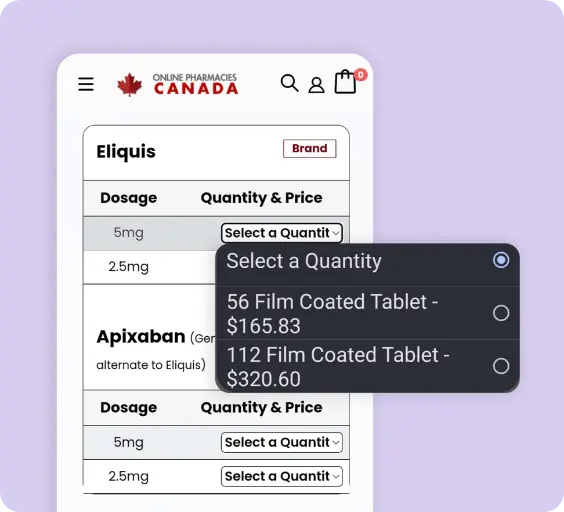Niaspan is an extended-release tablet that is taken orally with a low-fat meal or snack as directed by a healthcare professional, usually at bedtime. Taking niacin on an empty stomach may increase the risk of certain side effects, such as flushing and upset stomach. The tablets should be swallowed whole and not chewed or crushed, to avoid the risk of releasing too much of the drug at once.
Inform the healthcare professional of all other medications being taken, as bile acid-binding resins and other cholesterol-lowering medications may interact with Niaspan. To prevent flushing, patients should avoid alcohol, hot beverages, and spicy foods near the time of taking Niaspan. Taking aspirin or ibuprofen before taking Niaspan may also help prevent flushing, as advised by a healthcare professional.
Patients should continue to take Niaspan regularly, at the same time each day, even if they feel well, and should not stop taking it without consulting a healthcare professional. If a patient stops taking Niaspan, they may need to return to their original dose and gradually increase it again.

 Prescription Required
Prescription Required
 Formulation: ER Tablet
Formulation: ER Tablet
 Prescription Required
Prescription Required
 Formulation: ER Tablet
Formulation: ER Tablet






















REVIEWS